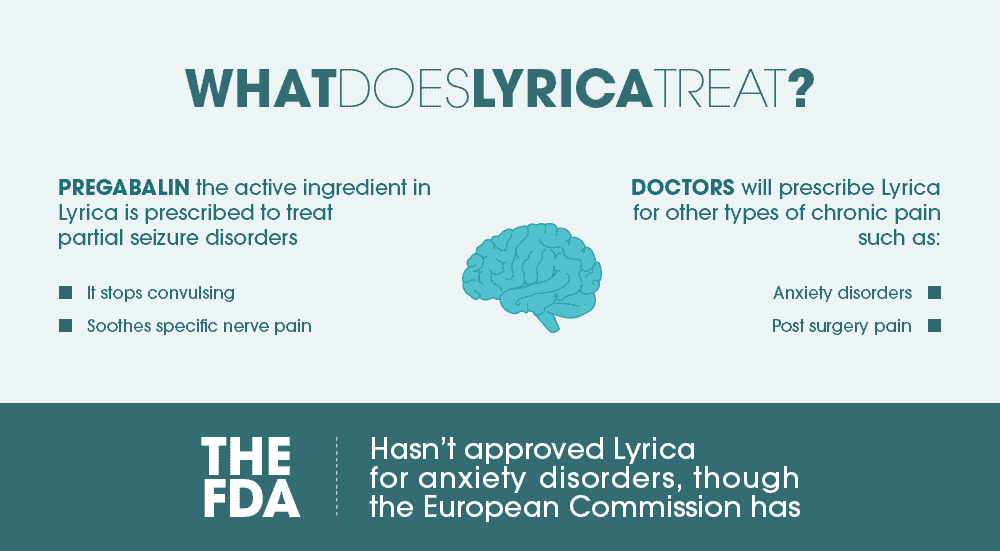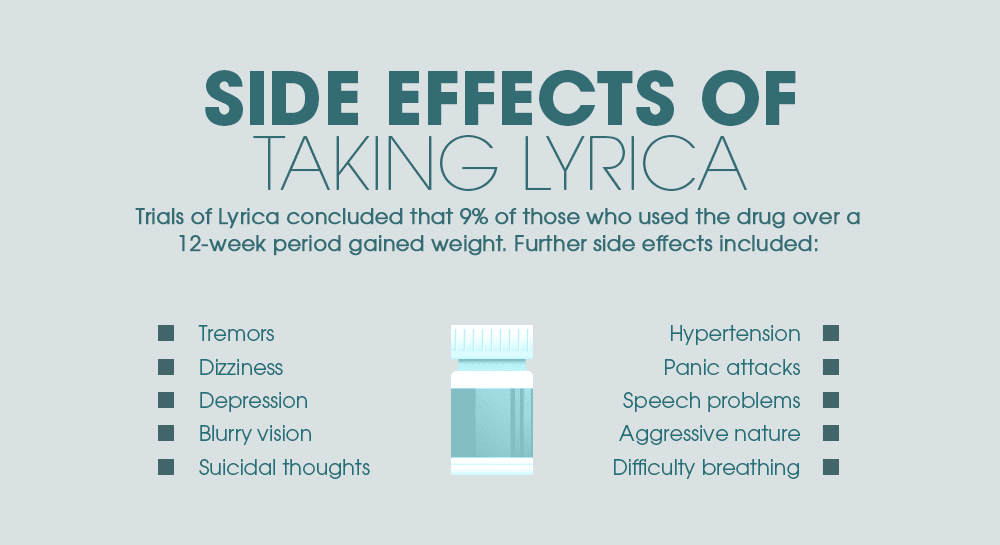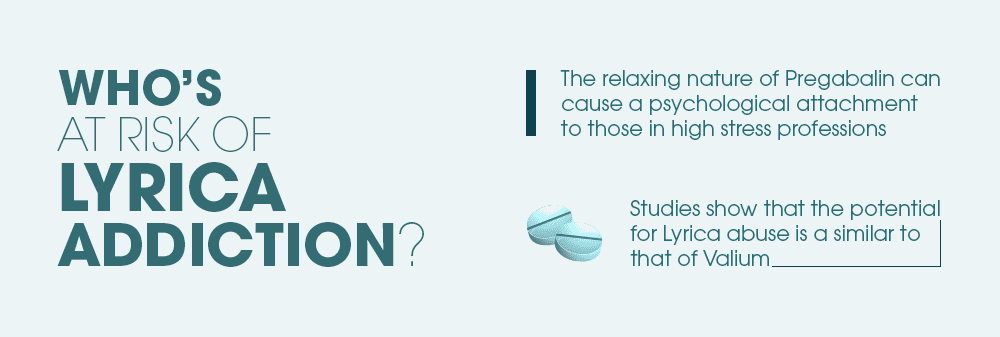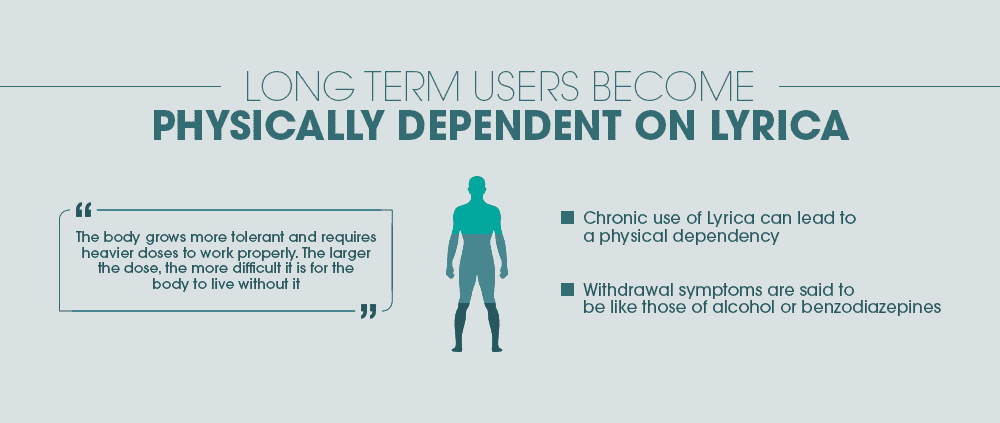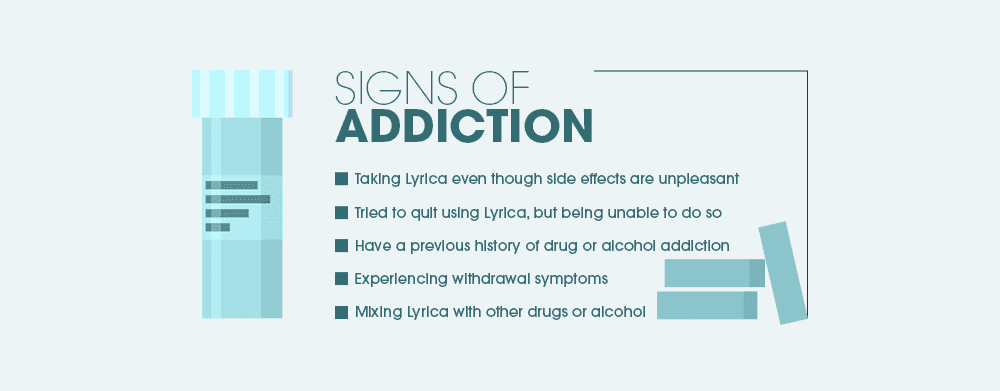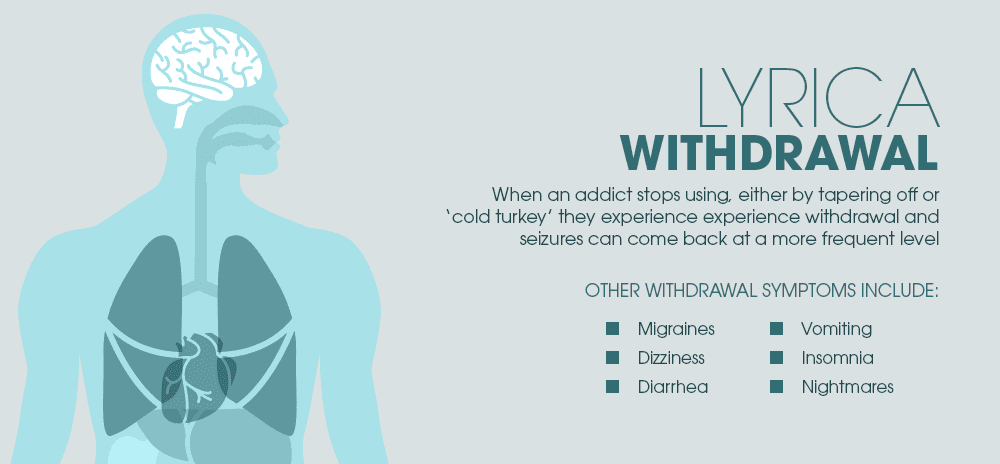People with nerve pain often have difficulty finding relief from the burning, aching pain they live with. Lyrica is a medication doctors use to help relieve nerve pain. While it is not highly addictive, some people may still struggle with Lyrica abuse. If you or a loved one struggles with Lyrica abuse and addiction, Northpoint Recovery provides inpatient substance abuse treatment that can help. Get started by calling 888.296.8976 or contacting our team online today.
What Is Lyrica?
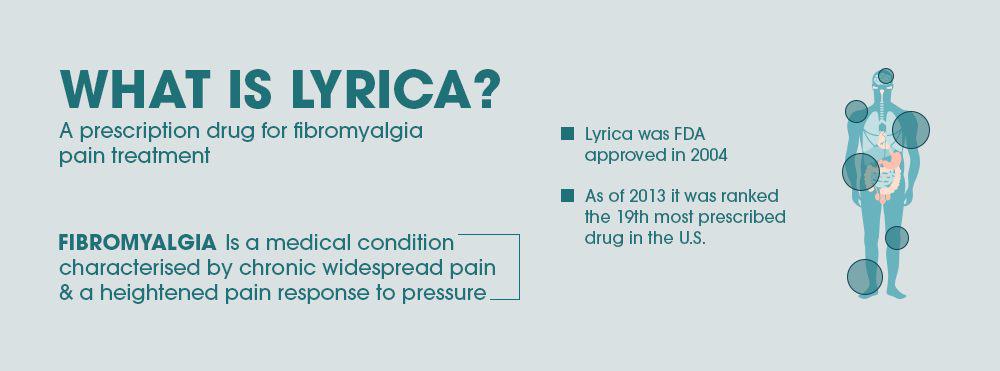
Lyrica (pregabalin) is a medication commonly prescribed to treat various forms of nerve pain, like fibromyalgia. The drug has a low potential for abuse and dependence. However, some people may abuse Lyrica to get high. When taken in large doses, Lyrica can cause euphoria and sedation. It may also lead to blackouts, impaired judgment, and risky behavior.
How Does Lyrica Work?
Lyrica works by affecting the way that nerves send signals in the brain. The drug binds to a protein called alpha2-delta, which is found on some types of nerve cells. This reduces the release of certain chemicals that are involved in pain signals. As a result, Lyrica can help to reduce the intensity of nerve pain. Doctors may also use Lyrica to relieve people struggling with seizures because it stops convulsing.
What Causes Lyrica Addiction?
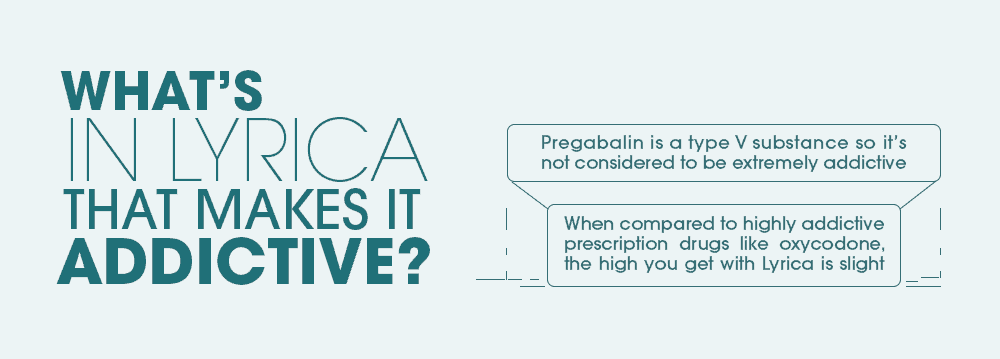
While there is a low potential for Lyrica abuse, people can develop an addiction to Lyrica for different reasons. Some people may start taking the drug recreationally to get high. Others may begin abusing Lyrica because they are trying to self-medicate their anxiety or depression. People with a history of substance abuse may also be more likely to become addicted to Lyrica.
Side Effects of Taking Lyrica
Lyrica is generally considered to be safe when taken as prescribed. However, the drug can cause some side effects, including:
- Tremors
- Dizziness
- Suicidal thoughts
- Hypertension
- Panic attacks
- Blurry vision
- Aggressiveness
- Difficulty breathing
Who Struggles with Lyrica Addiction?
Lyrica addiction can affect anyone. However, there are certain groups of people who may be more likely to struggle with an addiction to Lyrica, including:
- People with a history of substance abuse
- People with mental health disorders
- People who are taking high doses of Lyrica
- Elderly people
Lyrica Dependence
People who abuse Lyrica may develop a dependence on the drug. This means they will need to take larger and larger doses to get the same effect. When people with a Lyrica dependence stop taking the medication, they may experience withdrawal symptoms.
Physical and chemical dependence on Lyrica can develop after just a few weeks of abuse. However, psychological dependence may take longer to develop. People who are psychologically dependent on Lyrica may feel like they need the drug to cope with their everyday lives.
Signs of Lyrica Addiction
People who are addicted to Lyrica may exhibit some or all of the following signs and symptoms:
- Taking larger doses of Lyrica than prescribed
- Taking Lyrica more often than prescribed
- Uncontrollable cravings for Lyrica
- Doctor shopping to get multiple prescriptions for Lyrica
- Hiding Lyrica use from family and friends
- Frequent mood swings
- Paranoia
- Aggressiveness
- Impaired judgment
- Engaging in risky behaviors
If you or someone you love is struggling with an addiction to Lyrica, it’s important to get help as soon as possible. Lyrica addiction can lead to serious health problems, including organ damage and overdose.
Manage Withdrawals in Lyrica Addiction Treatment
If you’re ready to get help for your Lyrica addiction, the first step is to detox from the drug. Lyrica withdrawal can be uncomfortable and dangerous, so detoxing under medical supervision is important. After you complete detox, you can begin working with a therapist to address the underlying causes of your addiction.
Northpoint Recovery can help you break the Lyrica addiction cycle. Our inpatient treatment programs provide a safe place where you can leave dependence behind and take steps toward a happier, healthier future. Get started today by calling 888.296.8976 or contacting our team online.
Lyrica FAQs
What is Lyrica?
Lyrica is a prescription medication used to treat nerve pain, epilepsy, and fibromyalgia. It works by calming overactive nerve signals in the brain and is classified as a Schedule V controlled substance due to its potential for misuse.
Can Lyrica be abused?
Yes, Lyrica can be abused, especially when taken in high doses or without a prescription. Some individuals misuse it for its calming, euphoric, or sedative effects, which can lead to dependence and addiction over time.
What is the generic name for Lyrica?
The generic name for Lyrica is pregabalin. It is available under both brand-name and generic versions and is commonly prescribed for nerve-related conditions.
What are signs of Lyrica abuse?
Signs of Lyrica abuse include taking higher doses than prescribed, seeking multiple prescriptions, mood swings, dizziness, confusion, and withdrawal symptoms when stopping use. Abuse may also lead to impaired coordination, drowsiness, and changes in social behavior.
How to treat prescription medication abuse?
Treatment for prescription medication abuse often involves medical detox, behavioral therapy, and support groups. A healthcare provider can develop a personalized treatment plan, which may include counseling, medication-assisted treatment, and lifestyle changes to support recovery.

